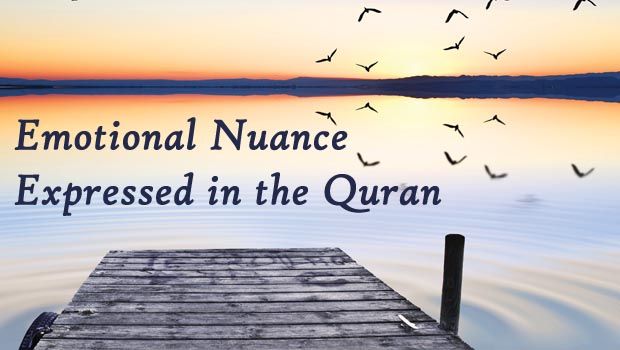In ordinary times, conversations about death are more or less rare. Most people prefer to avoid such thoughts, relegating the idea of the afterlife to the foggy, distant future. Others hesitate to engage in the topic for fear they will come across as negative or morbid. Yet, in the wake of a global pandemic, thoughts about the afterlife, what happens when we die, have become everyday dinner conversation.
As Muslims, we are taught to routinely contemplate death by doing things like visiting graveyards, reading Qur’an verses about accountability at death, living our lives in ways that can earn us a place in paradise, while avoiding paths that could lead us to hell. Islam also encourages us to take practical steps in preparation of death. Ibn Umar (r) reported that Prophet Muhammad (s) said, “It is the duty of a Muslim who has something which is to be given as a bequest, not to have it for two nights without having his will written down regarding it” (Bukhari). While this hadith is clear in stating Islam’s stance on preparing a will, many American Muslims go most of their lives without one. Why? Because the preparation of a will or estate plan (the plan that dictates how and to whom belongings/property is distributed at death) can be complicated. In conceiving an estate plan, Muslims in the U.S. are pulled between two authorities—Islamic law (shariah) and state law.
There are two main surahs that discuss inheritance: Surah Nisa’a and Surah Mai’dah. The inheritance verses in these surahs dictate how much of a decedent’s estate goes to the spouse and how much to the children, what’s allocated to the female children and to the male children, and what passes to the other relatives. Many Muslims assume that when they die, their family members will be able to distribute their assets according to the Qur’anic verses on inheritance. While this can easily be done if the decedent’s belongings are limited to small possessions (e.g., household goods or keepsakes), for estates comprised of real estate or whose total value is over a certain threshold, the distribution of assets must be done via a legal instrument that complies with state law. When there is no estate plan in place, state law may conflict with the decedent’s intended distribution under Shariah law. Laws governing intestacy, laws which govern how property is distributed after someone dies, varies from state to state.
For example, in California, you must have a properly executed will (a document signed by the testator, or the person making the document, and two witnesses) in order for real property (real estate or land) to be distributed. Failure to have a legal document that passes the muster of California law, means the decedent’s property must go through probate proceedings. What exactly is probate? Probate is a legal proceeding created to finalize and execute the financial affairs of the deceased. If a person dies intestate (without a will), a probate court judge is responsible for ensuring that their property is distributed through the state’s intestacy laws. Speaking in very broad terms, under California law, real property is divided first among the spouse and children, and if there is no living spouse or children, then the estate will pass to other relatives like parents, grandparents, siblings, cousins, aunts, uncles, etc. As you may have guessed, state law generally conflicts with Islamic law when it comes to the percentage of the estate each heir is given.
Creating a Shariah-compliant Will or Estate Plan
So, what are American Muslims supposed to do to ensure preservation of their faith while complying with U.S. law? Simple answer: create a Shariah-compliant will or estate plan. There are attorneys (both Muslim and non-Muslim) who specialize in the area of Shariah-compliant estate plans. These attorneys can help you determine how you should allocate your property based on both Islamic law and state law. They will take the time to understand your primary goals, what type of property you have, and who are all the eligible parties that could inherit. Based on your needs, they may suggest that you create a trust (a fiduciary arrangement that allows a third party, or trustee, to hold assets on behalf of a beneficiary or beneficiaries), or a will (legal document used to transfer property). If you already know that your needs would be satisfied with creation of a will, you might consider using a popular website called mywassiyah.com. It is a great online tool that allows you to enter all your information, akin to H&R Block or TurboTax, and it then devises a will pursuant to Islamic guidelines and state law depending on which state you reside in.
Planning for the end of your life may also include advance health care directives (i.e., preferences on medical treatment and life support systems), decisions about power of attorney (allows you to give legal authority to another person to sign documents and handle other important matters on your behalf), or nomination of guardians for your children. Taking time to consider what happens legally when we die is part of the Muslim’s focus on preparing for death and the afterlife. In discussing these options now, strategizing with your family and legal professionals, you are putting yourself and your loved ones in the best position possible in the event of your death.
Disclaimer: Every effort has been made to ensure the accuracy of this article at the time it was written. It is not intended to provide legal advice or suggest a guaranteed outcome as individual situations will differ.





